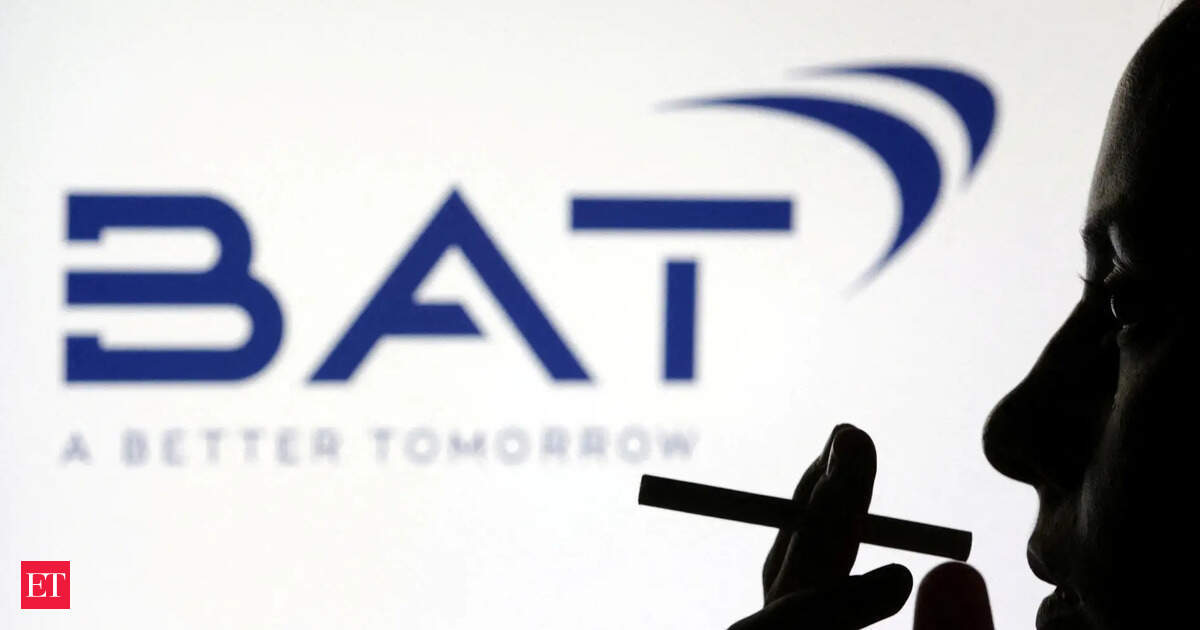Now Reading: British American Tobacco Seeks RBI Nod to Exit ITC Hotels Stake
-
01
British American Tobacco Seeks RBI Nod to Exit ITC Hotels Stake
British American Tobacco Seeks RBI Nod to Exit ITC Hotels Stake

Quick Summary
- British American Tobacco (BAT) Stake in ITC Hotels:
– BAT holds a 15.29% stake in ITC Hotels as a foreign direct investment, stemming from its past association with ITC since the early 1900s.
– RBI approval is required for BAT to sell its stake because of its foreign company status and regulations involving funds outflow from India.
- Demerger of ITC Hotels:
– the hotels business was demerged from parent company ITC in January.
– post-demerger, ITC shareholders hold a 60% stake in the hotels unit, while BAT became the largest public shareholder after promoters.
- BAT’s Strategic Focus:
– CEO Tadeu Marroco stated that this sale aligns with BAT’s strategy to exit non-core businesses and reduce debt by returning to an adjusted net debt/EBITDA ratio of 2-2.5x by the end of 2026.
- Regulatory Context:
– Approval delays may be tied to stringent FDI rules concerning Indian companies and sectors like tobacco, where FDI is restricted.
- ITC Hotels Portfolio:
– As of June, it operates over 143 hotels with an additional pipeline of around 58 properties.
- Capital Adjustments by BAT:
– In recent years, RBI-approved block deals allowed BAT to reduce its stake in parent company ITC Ltd., raising ample proceeds.
Indian Opinion Analysis
The pending sale highlights two notable themes for India: regulatory oversight on foreign ownership transitions and evolving corporate strategies influenced by global market pressures. India’s Reserve Bank plays a crucial role here due to sensitive aspects like permissible capital outflows and possible implications related to FDI restrictions on tobacco-linked sectors.
For BAT, this divestment would provide capital adaptability while adhering to core priorities; however, it underscores India’s complex regulatory habitat for foreign entities operating across traditional industries. On a broader scale, such moves could signify greater international investor confidence if managed seamlessly but also emphasize India’s tight governance controls over strategic industries like hospitality and tobacco-a balancing act between openness and regulation crucial for sustained economic credibility.
























